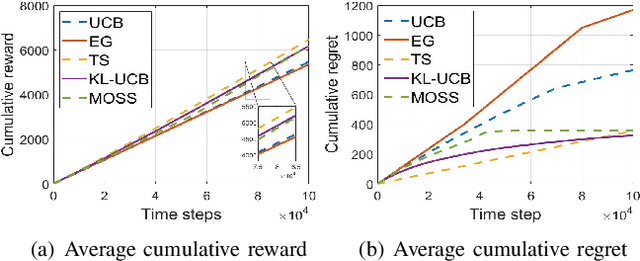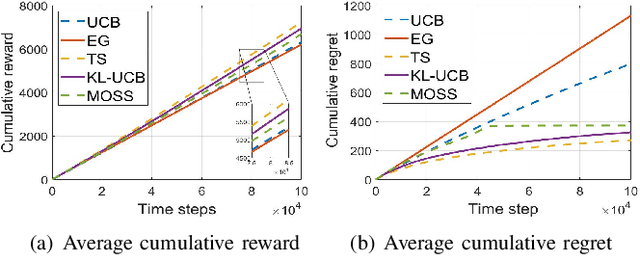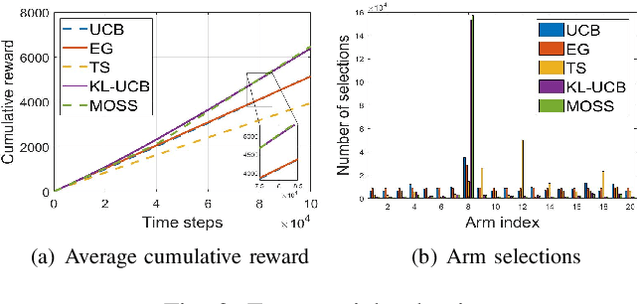Duong Thuy Anh Nguyen
Decentralized Federated Learning with Gradient Tracking over Time-Varying Directed Networks
Sep 25, 2024



Abstract:We investigate the problem of agent-to-agent interaction in decentralized (federated) learning over time-varying directed graphs, and, in doing so, propose a consensus-based algorithm called DSGTm-TV. The proposed algorithm incorporates gradient tracking and heavy-ball momentum to distributively optimize a global objective function, while preserving local data privacy. Under DSGTm-TV, agents will update local model parameters and gradient estimates using information exchange with neighboring agents enabled through row- and column-stochastic mixing matrices, which we show guarantee both consensus and optimality. Our analysis establishes that DSGTm-TV exhibits linear convergence to the exact global optimum when exact gradient information is available, and converges in expectation to a neighborhood of the global optimum when employing stochastic gradients. Moreover, in contrast to existing methods, DSGTm-TV preserves convergence for networks with uncoordinated stepsizes and momentum parameters, for which we provide explicit bounds. These results enable agents to operate in a fully decentralized manner, independently optimizing their local hyper-parameters. We demonstrate the efficacy of our approach via comparisons with state-of-the-art baselines on real-world image classification and natural language processing tasks.
A Bandit Approach to Online Pricing for Heterogeneous Edge Resource Allocation
Feb 14, 2023



Abstract:Edge Computing (EC) offers a superior user experience by positioning cloud resources in close proximity to end users. The challenge of allocating edge resources efficiently while maximizing profit for the EC platform remains a sophisticated problem, especially with the added complexity of the online arrival of resource requests. To address this challenge, we propose to cast the problem as a multi-armed bandit problem and develop two novel online pricing mechanisms, the Kullback-Leibler Upper Confidence Bound (KL-UCB) algorithm and the Min-Max Optimal algorithm, for heterogeneous edge resource allocation. These mechanisms operate in real-time and do not require prior knowledge of demand distribution, which can be difficult to obtain in practice. The proposed posted pricing schemes allow users to select and pay for their preferred resources, with the platform dynamically adjusting resource prices based on observed historical data. Numerical results show the advantages of the proposed mechanisms compared to several benchmark schemes derived from traditional bandit algorithms, including the Epsilon-Greedy, basic UCB, and Thompson Sampling algorithms.
 Add to Chrome
Add to Chrome Add to Firefox
Add to Firefox Add to Edge
Add to Edge